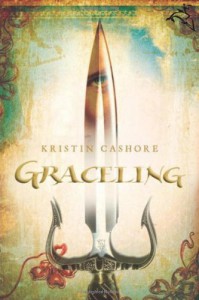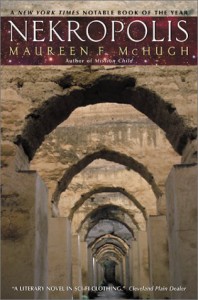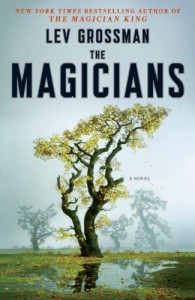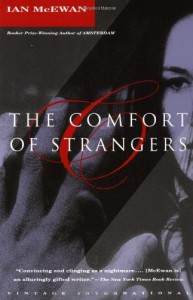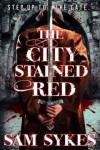
If you take a novel like The Hunger Games and boil it down, reduce it to its elements, sand off all the paint, you end up with something like this. Panic. Because if you think about it, Panic is The Hunger Games, reverse engineered. Gone is the elaborate make-up and ridiculous hair. Gone are the high concepts of political rebellion and wealth inequality, the elaborate clockwork of machinations designed to strip individuals of their human bond – all these constructs become false, burdensome, overelaborate metaphor. The Hunger Games is Panic which is, at its heart, a novel about young adults who have nothing, who expect nothing, and who know the world is designed to benefit people whom they will never meet but who most assuredly have more: more opportunity, more wealth, more chances. Panic is a story about us. About bored kids. Broke kids. Broke kids in love, for that matter, whose efforts toward romance are as unsteady as their steps into adulthood. And reading this makes us embarrassed for so loving the unnecessary drama that most YA allows. Because we are Katniss Everdeen only insofar as she is Heather. We shouldn't need so much dressing around the idea that we are a country at a loss of what to do with itself. That we have created so much distance between the possibility of change and its achievement that a game like Panic seems not plausible, but outright familiar. These are memories instead of fantasies, and Panic is a wonderful, brilliant novel with one simple ambition: to remind us who we are. We are the broke kids. The bored kids. Kids trying to feel. Lauren Oliver has never needed science fiction to explain how we work. We are more fantastic and flawed and aflame in our small ambitions toward happiness than the rules of science fiction could ever allow.
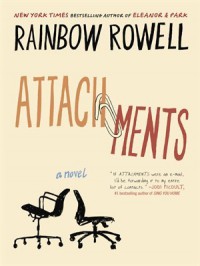
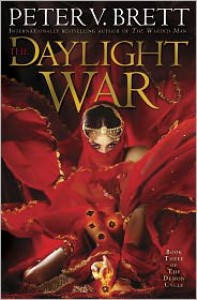

 1
1

 2
2





